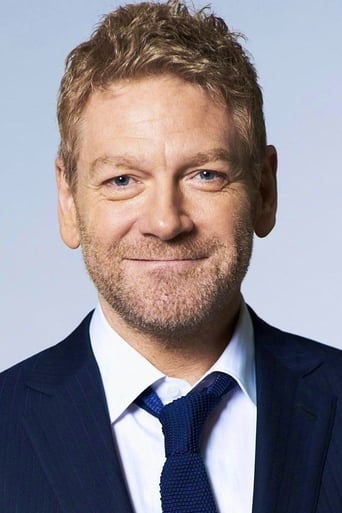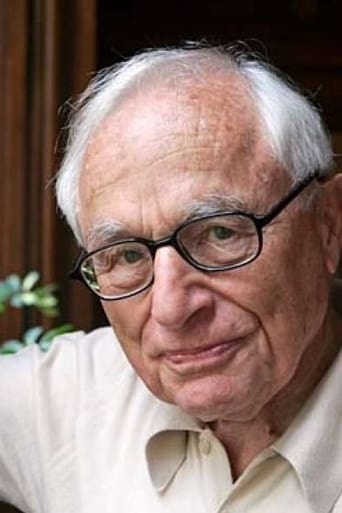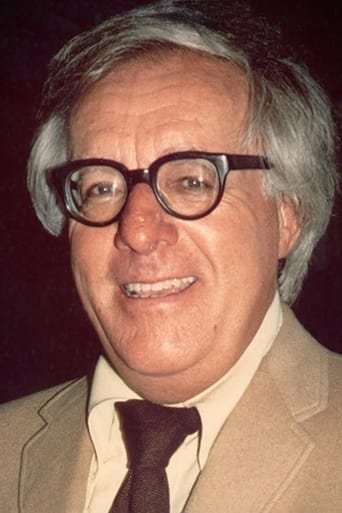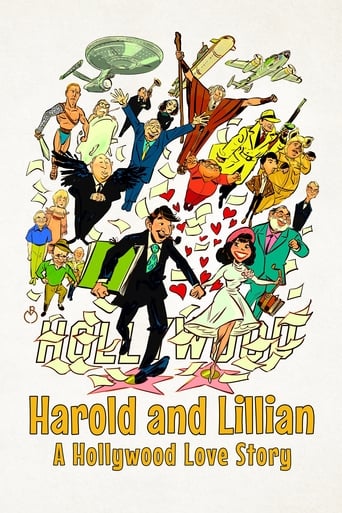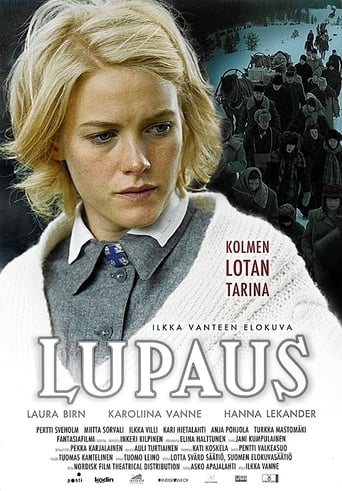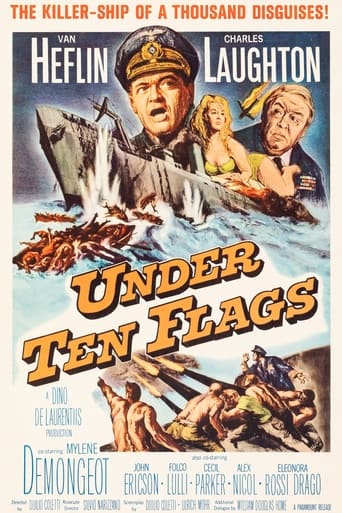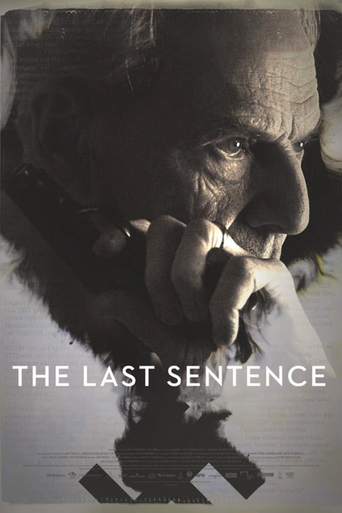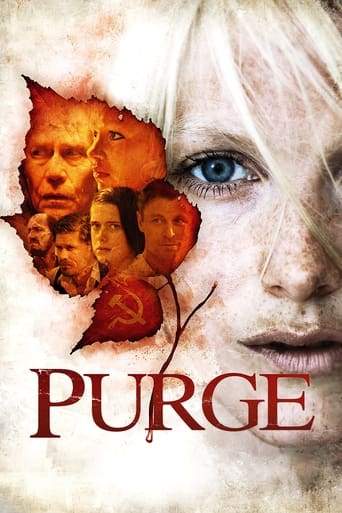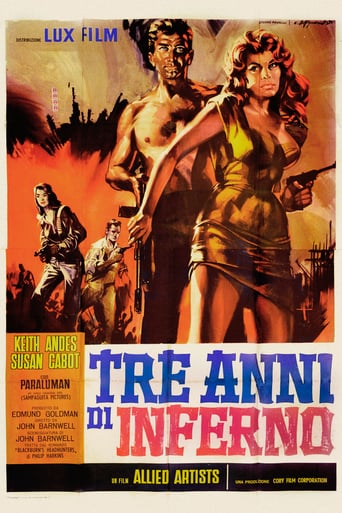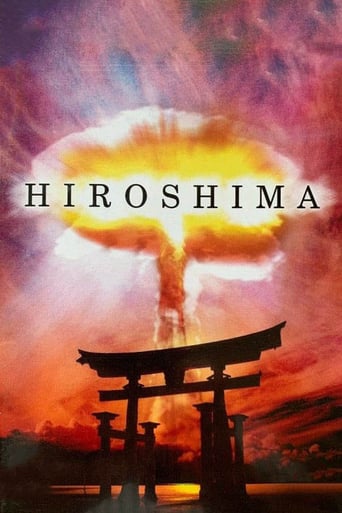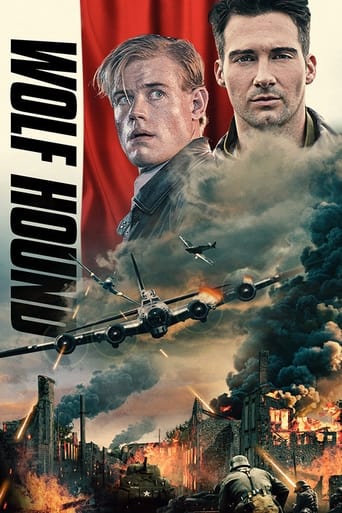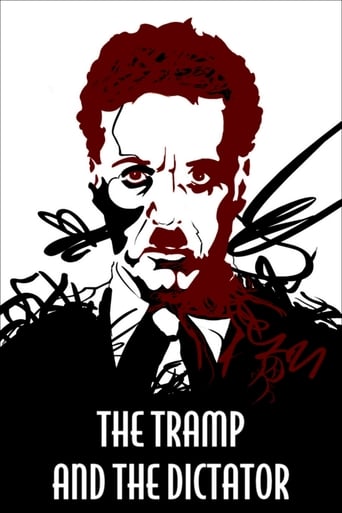

The Tramp and the Dictator (2002)
A look at the parallel lives of Charlie Chaplin and Adolf Hitler and how they crossed with the creation of the film “The Great Dictator,” released in 1940.
Watch Trailer
Cast


Similar titles
Reviews
. . . THE MAKING OF THE GREAT DICTATOR, 1939 - 1940, on Criterion's DVD package for THE GREAT DICTATOR, but it does not seem to have a separate home page at this site, and I'm sure that anyone who has watched THE TRAMP AND THE DICTATOR also will want to view these home movies filmed by Charlie's son. Cumulatively, these pieces last about 26 minutes, and are broken down into five chapters entitled: "The Ball," "Deleted Final Scene," "Fall Down the Stairs," "The Ghetto," and "World War One." Some insights into the actual feature film are revealed here. In "Deleted Final Scene," for instance, we see that it is so hot that some of the film crew are running around shirtless (the men, NOT the women, of course). These scenes also are filmed by Sydney Chaplin in color, revealing uniform details not included in the feature. Fans of historic artillery are sure to appreciate the Big Bertha Behind-the-Scenes of the final segment, as well.
" . . . who did not want Peace," after World War Two, such as the American Legion, acclaimed writer Ray Bradbury says near the end of THE TRAMP AND THE DICTATOR, a nearly hour-long Criterion documentary on Charlie Chaplin's most important film, THE GREAT DICTATOR. Though this piece is as good as far as it goes, many viewers--such as myself--will want to do follow-up research about WHY Chaplin became banned from America despite making this movie, which spelled the beginning of the end of the Axis, Hitler, and Mussolini. What they will discover is that America was as nearly divided in the 1920s and 1930s as it is Today. Armies of World War I vets marched in West Virginia, shooting it out with the stooges of the Fascist Mine Managers. Though most of Hollywood was Anti-Hitler, an eventually-triumphant subset led by director John Ford and his protégée, the notorious draft dodger John Wayne, backed the Fascists. Just as the Rich People's Party specializes in Voter Suppression, Unconstitutional Supreme Court Jiggering, and Promotion of Wealth Disparity Today, so too did this Cabal led by Ford and Wayne target Chaplin and all the other Champions of Freedom before the final A-Bomb echoes of WWII had died away. Too bad Criterion did not highlight this more here.
Kenneth Branagh narrates this documentary directed by film historian Kevin Brownlow and Michael Kloft about the making of Charles Chaplin's film The Great Dictator. The film contrasts the early lives of both Chaplin and Hitler in a way which demonstrates the uncanny similarities between them. Both were interested in the arts at young ages: Chaplin escaped early poverty by performing in music halls; Hitler was rejected as a painter, fell into despair, and became a vagabond who later joined the German army. The film traces Hitler's rise to power and shows archival photos of him with a full mustache in his twenties. It was Hitler who later adopted Chaplin's mustache due to the latter's world wide popularity, indicating Hitler's shrewishness as a public relations wizard. The film contains interesting anecdotes regarding Chaplin's decision to make the film and the political dilemmas he faced in this undertaking. Several well known figures from the film world as well as witnesses during the war years contribute their thoughts and reminiscences. Blacklisted writer Walter Bernstein, writer Ray Bradbury, film critic Stanley Kauffmann, writer Budd Schulberg, Nazi insider Reinhard Spitzy, and Chaplin's son Sidney are chief among them. The film was produced by Turner Classic Movies and is an excellent companion to watching a film that was daring for its time and still stands as an entertaining parody of Hitler's Germany. ***1/2 of 4 stars.
What can be said about one of the greatest movies in the history of cinema. It seems that a lot, and this documentary - actually a juxtaposition of two documentaries succeeds to tell a lot.The first part focuses on the parallel biographies of Charlie Chaplin and Adolf Hitler, the genial artist who made people laugh and the horrible dictator who entered history as one of the most evil people to have ever lived. One of the revelations of the movie is that the two were born the same week, and their biographies had no few common things. Very interesting color footage from the film studios taken by Chaplin's brother Sidney add a lot and the commentaries are solid, without being extremely deep. The only other remarkable thing I learned is that Hitler may have seen 'The Great Dictator' and actually enjoyed it. The supreme beast had a sense of humor.The second part is actually also interesting from a documentary point of view, telling the story of a few more Hitler films made during the war. The balance between art and propaganda inclined towards propaganda in most of these productions and none of course benefited from the genius of a Chaplin, so they were much less successful and are now forgotten.


